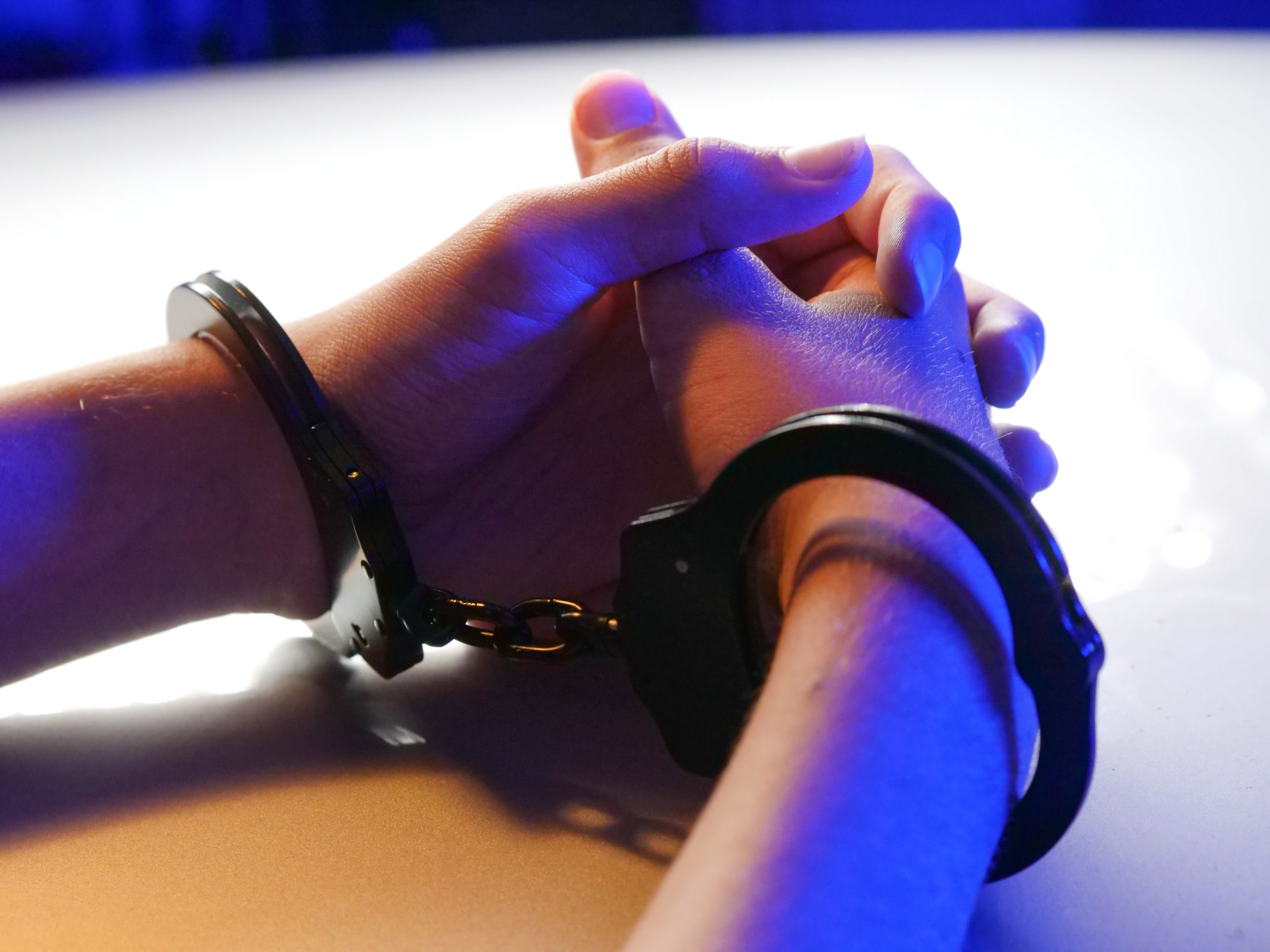
What a Juvenile Needs to do to Receive Life in Jail
Approximately 2,300 people are locked up for life for crimes they committed before their 18th birthday. This is a heated issue whereby lawyers, states and judges cannot seem to agree. The US Supreme Court is now confronting this highly charged and delicate criminal law topic: Should people convicted of killings as teens be locked up for life without chance of parole or should they get a second chance?
The Supreme Court is focusing on two cases involving men who committed crimes as juveniles. Both are now serving life sentences. In Alabama, a 14-year-old beat a man and then proceeded to set fire to his home. In Arkansas, another 14-year-old conspired in an attempted robbery whereby another boy shot and killed the store clerk.
Might these young-inmates be rehabilitated? Attorney’s who do not support life without parole child offenders argue they are emotionally, physically and fundamentally different from those who commit crimes as adults. They urge the Court to consider parole for anyone with a life sentence before 18. Those in favor of this claim feel the Supreme Court should respect the states that allow children to be punished as adults.
In 2005 years, Justice Anthony Kennedy ruled out the death penalty for crimes committed by those under age 18 years old. More recently, the Court also ruled life without parole is unconstitutional for juveniles who were found guilty of non-homicides.
The court has a wide range of possibilities to consider, and it expected to rule by early summer.
The juvenile attorneys at The Umansky Law Firm take the defense of justice very seriously. If you or a loved one are being convicted with a juvenile charge, contact us today.


